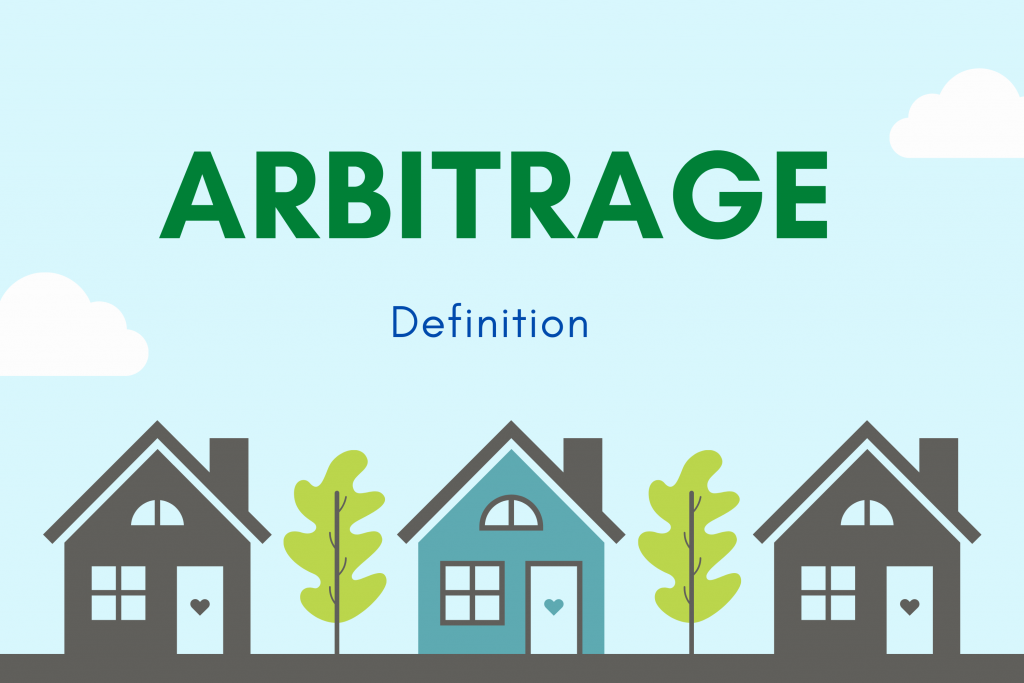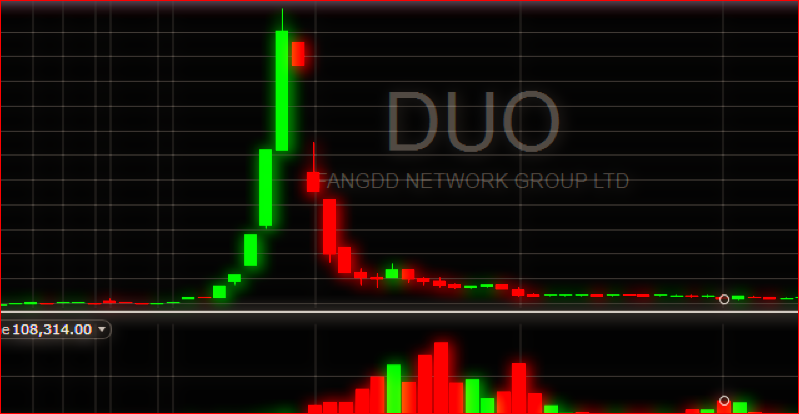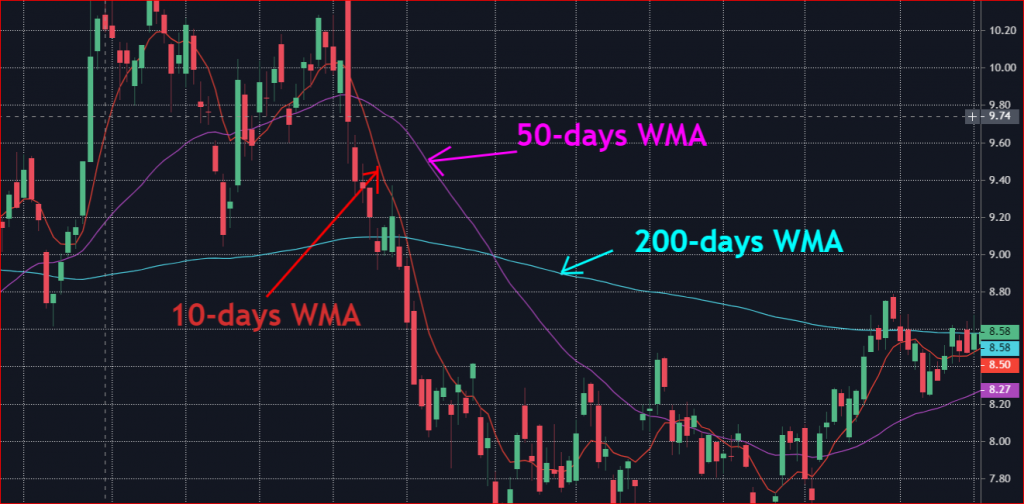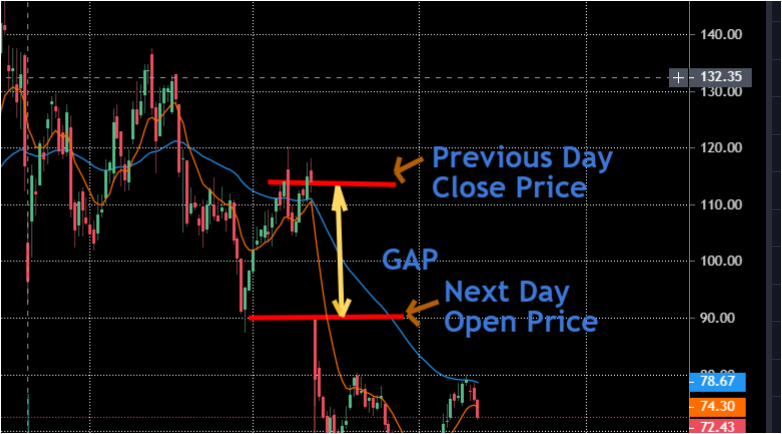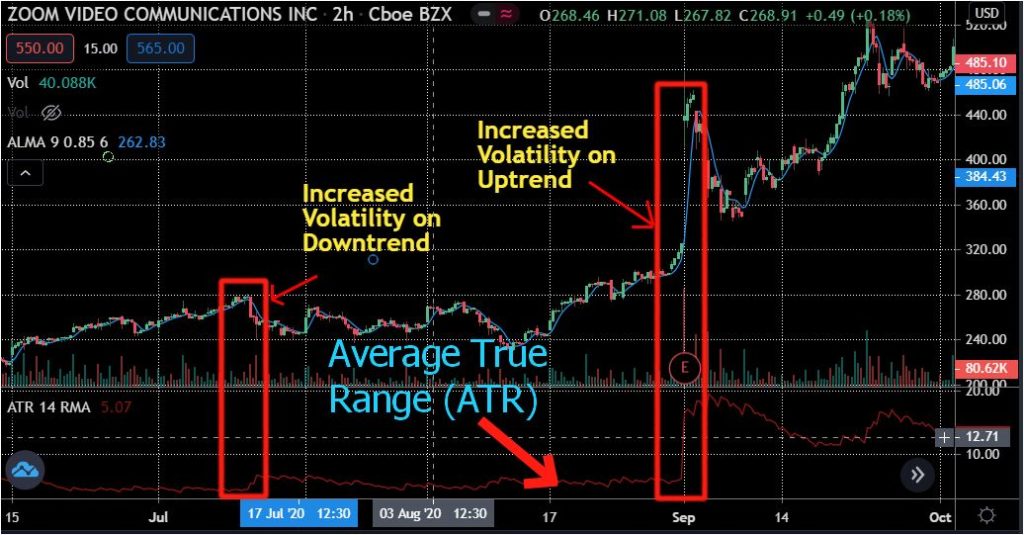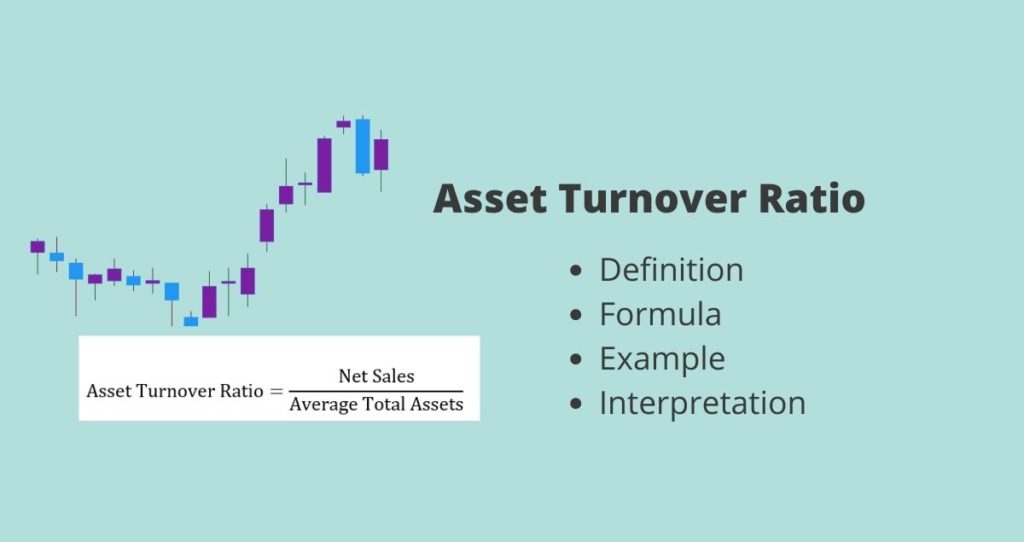What is a bear market?
A bear market is a market with an extended decline in prices of goods and services. The decline is due to the pessimistic sentiments from investors about the economy and future growth in general. As a result, many investors sell their holdings for profits or to protect themselves from downturns.
Percentage market loss to be a bear market
Every market downturn is not a bear market. For this reason, the market has to lose at least 20% in value to be a bear market. The bear market term can be used in many market sectors such as real estate, stock market, currencies, etc.
Causes of bear markets
There are many reasons that can cause bear markets around the globe. The world is connected to a level where what happens on one side of the earth directly affects the other. Political instability, wars of all kinds, etc, can trigger a market crash.
Even though there are a lot of causes of bear markets; there is one that dominates them all. The economic conditions determine whether we get into a bear market or a bull market.
The slowdown of the economy changes investors’ sentiments from optimistic to pessimistic. In these conditions, investors keep their money in their pockets.
They invest less due to the anticipated market crash. Once the sentiment reaches everyone, the spending habits from the general population decreases.
With the fear of rough conditions ahead, a massive wave of people sells their stocks and securities to avoid major losses. This action triggers the imbalance between supply and demand and the market crashes.
What are the signs of economic slowdown?
The following are tips you can use to know when you are in an economic slowdown.
- Low employment
- Low disposable income
- A decrease in productivity
- Low business profitability
- Government intervention
How to trade and invest during the bear market?
When bear markets are roaming, the chances of losing money in the market are high. For this reason, you must use proper investment methods to protect yourself from major losses. The following are some of the tips you can use.
- Invest in index funds
- Do not go long
- Short stocks and other securities
- Use stop losses
- Use limit orders
- Diversify your portfolio
- Do not put too much of your money in the market


